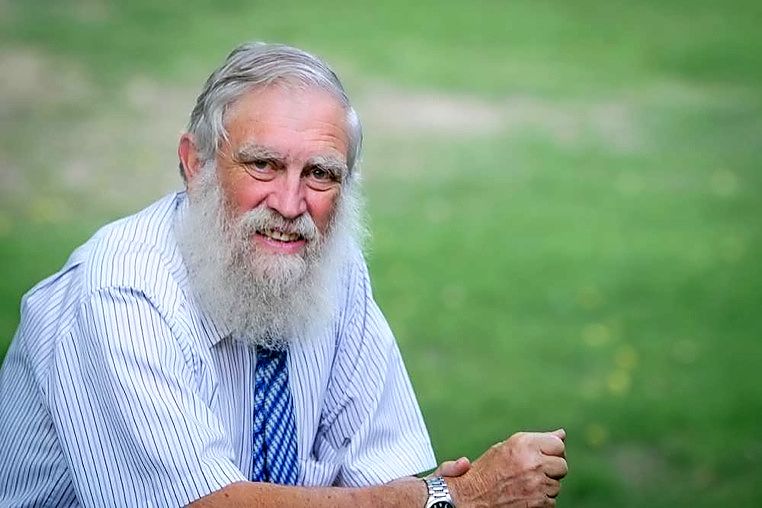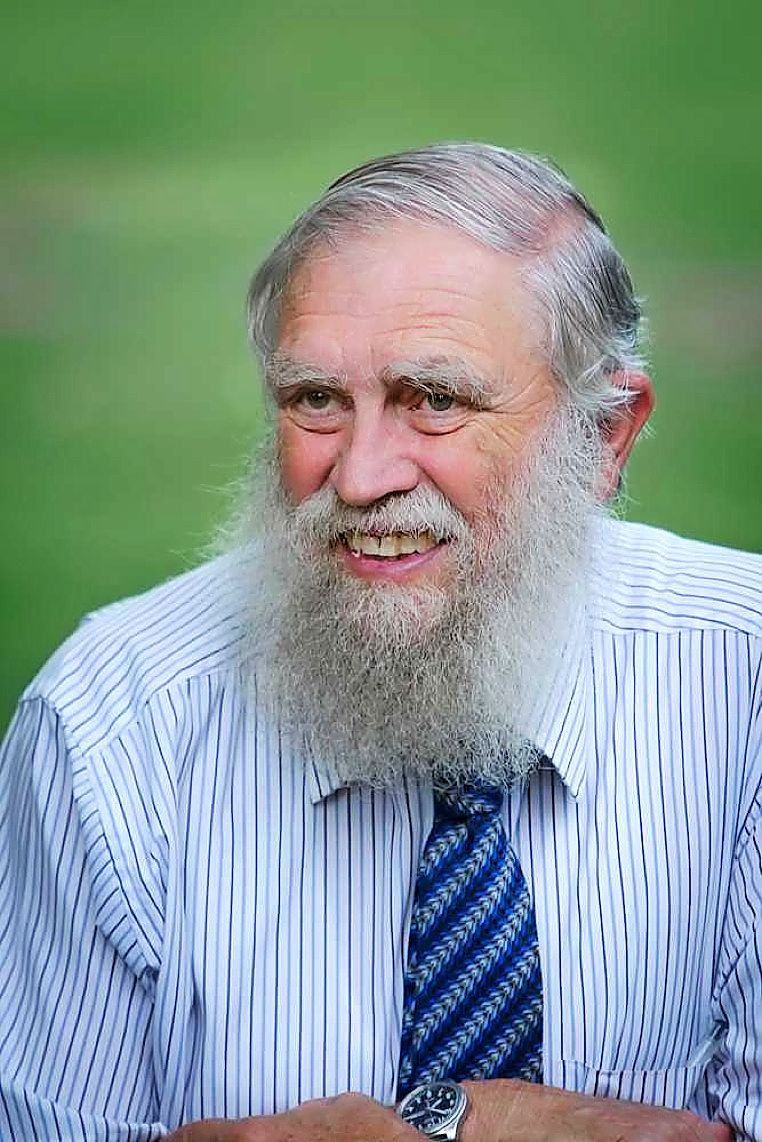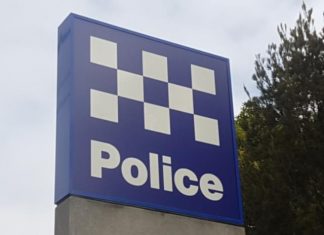During 45 years at Brimbank, Alan Dash has championed local education. His dedication has been recognised with a lifetime achievement award. Ben Cameron speaks to this team player.
An Australia Day lifetime achievement award from Brimbank council is usually reserved for exceptional organisations, not people – a big surprise?
I was flummoxed. Such an award is recognition of all the organisations and bodies I’m part of, as a team.
Well how many organisations are you with?
Brimbank Learning and Employment steering committee, Youth Now, Sunshine and District Historical Society, Sunshine Lions Club … if you count the cricket club (Grand United), seven. I was a hopeless cricketer, but as I get older, my skills seemed to have improved in my memory. Cricket is great because it gives people a focus, a network and a community.
What was your first connection to Brimbank?
In 1970, my wife and I were newly married, graduating teachers. We wondered where we could go to be together. People didn’t want to teach in the western suburbs of Melbourne because it was multicultural, it was working class. So we decided we’d go where people didn’t want to go, contrarian thinking I suppose, to Sunshine North. Our plan was to teach there and, within a year or two at the most, go bush. Would you believe it, we’re still in the same house today. We love the community, we love its multiculturalism, and it’s a great place to teach, and a great place to raise children … it just grows on you. It’s a wonderful community.
How many schools have you been connected to over those 45 years?
As a relieving teacher, there was only about four schools in the western suburbs – this was back in the late 70s early 80s – that I hadn’t taught in.
Do you have any favourite community projects?
In the last 12 months, the Avenue of Honour project, where we had 1100 school kids participate a few days before the centenary of ANZAC in Kevin Wheelahan Gardens. That was a big team effort with the Sunshine RSL, the Sunshine and District Historical society and Brimbank council.
So what’s kept you here for 45 years?
I think people. There are all sorts of people and, as a teacher, the kids were absolutely lovely, from so many backgrounds. I can remember when I first came here it was European immigrants, Poland, Italy; then the Vietnamese wave, and more recently from Burma, Sudanese. They’re coming here because our ancestors made it a place of peace, and they want to seek it out …They’re committed to their children, looking for a better future, salt of the earth people.
What else makes you proud to live here?
I’m really looking forward to [the arts] making a big difference. I’ve seen country towns, like Muttaburra in Queensland, transform themselves. Years ago, it was going to die. I see the arts have a great future for us too.









